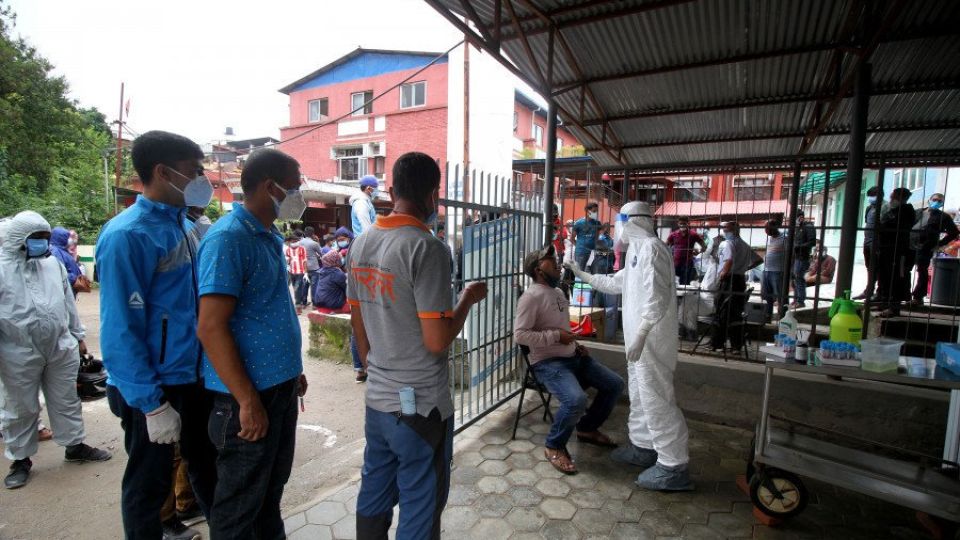April 13, 2023
KATHMANDU – A famous and controversial Russian ideologue named Vladimir Lenin, idolised by many Nepali leaders of the left, including current Prime Minister Pushpa Kamal Dahal, is known to have said that it is sometimes necessary to take one step backwards to take two steps forward. Lenin also wrote a book titled One Step Forward, Two Steps Back on the crisis in the Russian Social Democratic Labour Party at the time. While these phrases have deep ideological meanings and political contexts, leaders on this side of the world seem to take them at face value and practise what they should not: Move backwards rather than forward. So trust Nepali political and bureaucratic honchos to find every way possible to take the country backwards at the slightest opportunity. What else explains the impending cuts in the health budget for the upcoming fiscal year (2023-24)?
As per sources at the Health Ministry, the government plans to cut the health budget by up to 42 percent. If this plan materialises, it will impede the effective implementation of many of the ministry’s programmes, including, but not limited to, maternal health, routine child health immunisation, nutrition, HIV, tuberculosis, ayurveda and alternative medicines, epidemic control, and control of non-communicable diseases and mental health. The massive slashing of the budget will be a coup de grace for the already ailing health sector that every year sees localised health emergencies such as dengue, cholera and diarrhoea, in addition to other outbreaks. The dengue crisis last year exemplified the government’s inability to prepare for a health emergency; it might be repeated this time due to its inability to learn from that bitter experience.
And if the officials at the Finance Ministry, the authority responsible for budget allocation, haven’t had the time to read the papers as they rush to finalise the budget, the Covid-19 pandemic is again cresting as transmission rates rise. A whopping 106 persons have contracted Covid-19, and one patient has died of virus-related complications in the past 24 hours in the country, in what is a clear sign of an impending health crisis. In fact, the numbers might be much higher, as many patients are known to stay home without getting any tests done unless they feel compelled, for example by acute respiratory complications. This makes doctors suspect that the virus is spreading rapidly in communities. At this delicate juncture, the government should be thinking of increasing the health budget, not trimming it. After all, what can be more important than people’s health?
The long lull in Covid-19 cases after the major spike early last year has resulted in massive shutdowns of Covid centres, layoffs of staff hired for inoculation, and a casual approach among health sector stakeholders. The proposed budget cuts will not just add to their leniency but also render them helpless even if they want to act in case of a spike in case number. The government should find ways to ensure that we do not go backwards and undo years, even decades, of efforts to improve healthcare.


